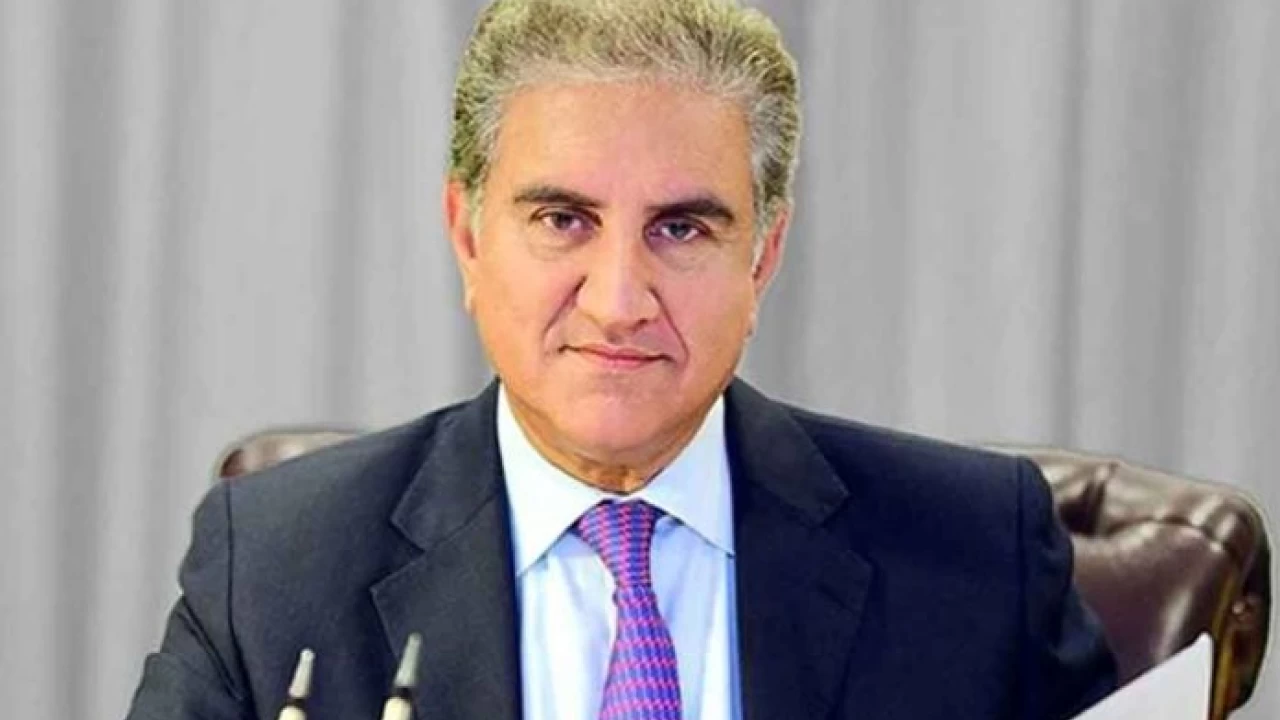In a move aimed at providing relief to the public, Prime Minister Anwar-ul-Haq Kakar has given his approval for a substantial reduction in the prices of petroleum products. According to the notification issued, the per-liter price of petrol has been decreased by 14 Pakistani Rupees, setting the new rate at 267.34 Rupees.
Diesel, another widely used fuel, has witnessed a reduction of 13.50 Rupees per liter, bringing the revised price to 276.21 Rupees. Furthermore, the price of Light Diesel Oil (LDO) has seen a significant decrease of 11.29 Rupees per liter, with the new rate fixed at 164.64 Rupees. The per-liter price of Kerosene Oil, commonly used for cooking and lighting purposes, has also been lowered by 10.14 Rupees, establishing the new rate at 191.2 Rupees.
The adjustments in the prices of petroleum products will come into effect starting from midnight tonight, bringing a sigh of relief for consumers grappling with the impact of rising commodity prices.
Prime Minister Anwar-ul-Haq Kakar’s decision to decrease fuel prices underscores the government’s commitment to alleviating the economic burden on the general public. The reduction in fuel prices is expected to have a cascading effect on various sectors of the economy, including transportation, manufacturing, and daily household expenses.
This move is particularly significant in the context of global economic challenges and fluctuations in oil prices. Governments worldwide are grappling with the task of balancing the needs of their citizens with the economic realities shaped by various factors, including geopolitical events and supply-demand dynamics.
The decision to lower petroleum prices is likely to be well-received by consumers and businesses alike, as it not only directly impacts transportation costs but also influences the overall cost of goods and services. The government’s proactive approach in responding to economic challenges demonstrates a commitment to the welfare of the public and fostering economic stability.
As the new prices take effect, it remains to be seen how this reduction will contribute to the economic landscape of Pakistan, providing relief to citizens and potentially stimulating economic activities in various sectors.



